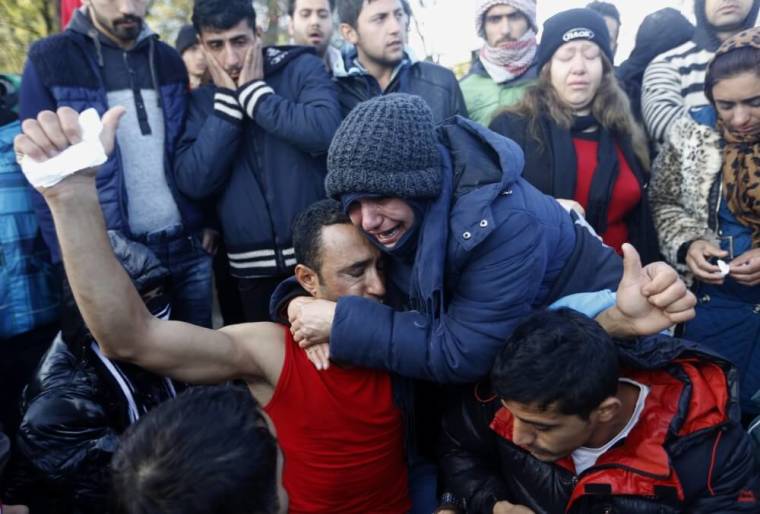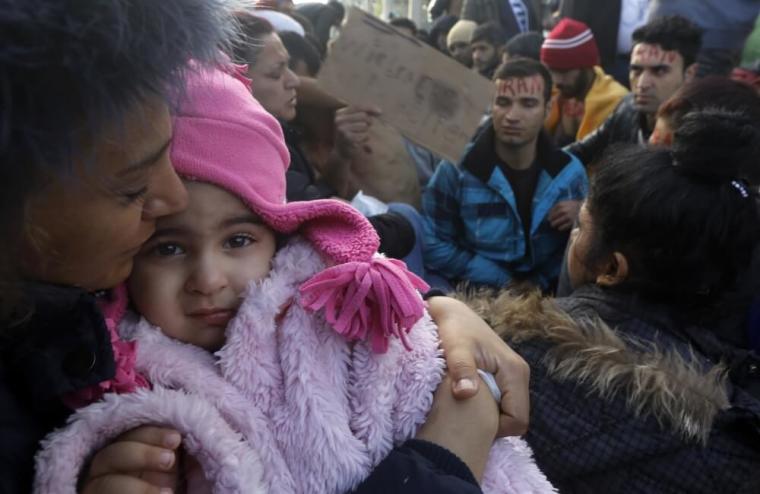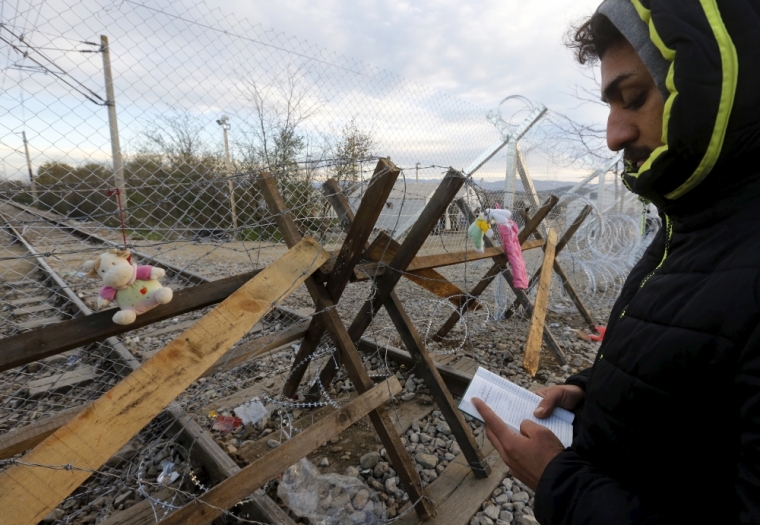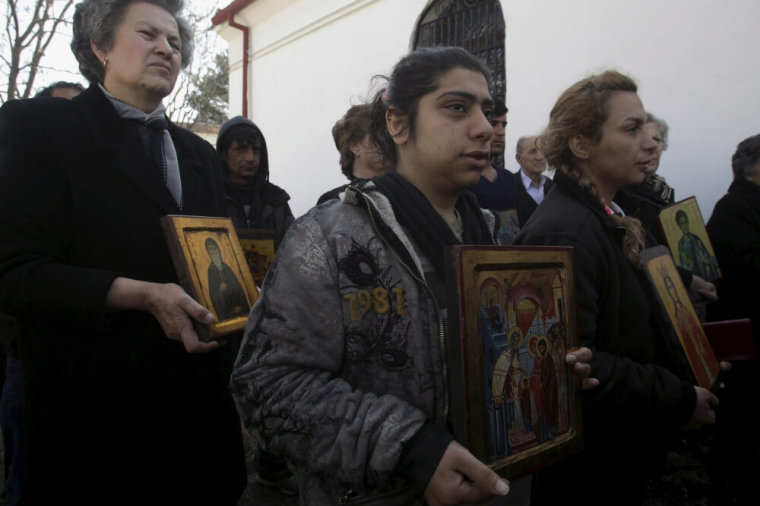Iranian Christian Converts' Right to Seek Asylum Can't Be Denied, EU Human Rights Court Rules
Iranian Christian converts must be granted the right to a fair evaluation of danger by European governments before they can be denied asylum and sent back to the Islamic Republic, the top human rights court in Europe ruled Wednesday.
In the case of F.G. v. Sweden, the Grand Chamber of the European Court of Human Rights ruled that the Swedish government must give an Iranian Muslim man who converted to Christianity in Sweden a fair assessment of how his conversion will put him in danger back home before he can be sent back to Iran to face persecution.
As Iran ranks as the ninth worst country in the world for Christian persecution, apostasy from Islam is considered a criminal offense that is punishable by death.
Although the Swedish Migration Office rejected the convert's request for asylum in 2010 without a fair assessment of danger, the European court is now requiring that the Swedish government go back and review the convert's case while fully analyzing the consequences that his conversion would have in Iran.
The court additionally stated that Sweden would be in violation of the European Convention on Human Rights if it did not provide a fair assessment of danger before returning the convert to his home country.
"Sadly, the anti-conversion laws in Iran pose a direct threat to those who have converted to Christianity, and we must ensure that a convert's right to life is being upheld by all means," Paul Coleman, senior counsel and deputy director for Alliance Defending Freedom International, said in a statement.
"We welcome the court's decision, which took ADF International's arguments into account and found a breach of the applicant's right to life and right of protection against torture if the applicant were to be returned to Iran without an appropriate assessment of the risk and consequences he would be facing as a Christian."
The chamber's decision comes after the a lower chamber of the court ruled in 2014 that Sweden was not in violation of the European Convention on Human Rights by denying his request for asylum. At the time, the court believed that there was no real danger or threat posed to the applicant by returning home since the Iranian authorities had not yet known of his conversion.
"The first ruling of the court ignored the fatal consequences a conversion to Christianity in Iran might have," Robert Clarke, director of European advocacy for ADF International, said in a statement. "It also disregarded former decisions of the court concerning Iranian converts, where judgments were issued in favour of the converts."
After the ruling in the lower chamber, a number of human rights groups including ADF International, the Jubilee Campaign and the European Center for Law and Justice sent an amicus brief to the court challenging the assertion that no threat was posed by his return home.
"If identified by the Iranian government, Christian converts often, at minimum, suffer substantial harm or interference with life by way of deprivation of liberty, assaults and continual harassment; or in the worse case the individual could face severe mistreatment and even death," a brief filed by the European Center for Law and Justice asserted.
"Despite allegations by the Iranian government that its laws respect and recognize the Christian community, the Christian community in Iran faces systemic and systematic state persecution and discrimination," the brief continued. "Without addressing the specific merits of this case, it is the belief of the ECLJ that returning a genuine Christian convert to Iran would subject the convert to ill-treatment in violation of Article 3 of the Convention."
Although Christianity is highly oppressed in Iran, the house church movement inside the country is booming with an estimated 450,000 practicing Christians.
"It is not anti-Iranian," a source close to the Iraninan house church movement told The Christian Post in early March. "It's an Iranian movement. It's a great, great number of Muslims turning to Christ."
As Iranian religious police are quick to crackdown on house churches and have arrested hundreds of house church participant's, House church services must be conducted secretly and quietly in small groups.
































